






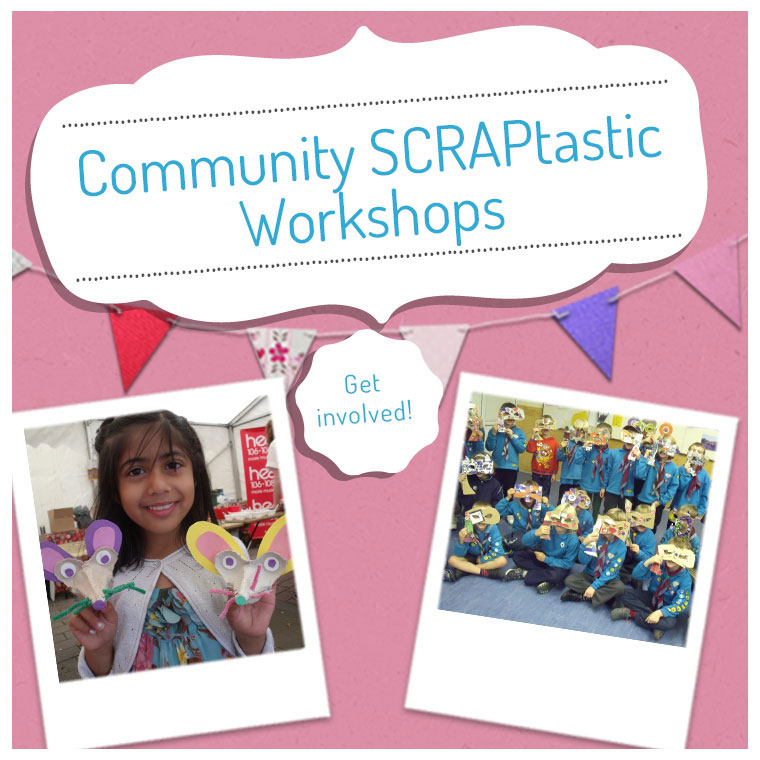
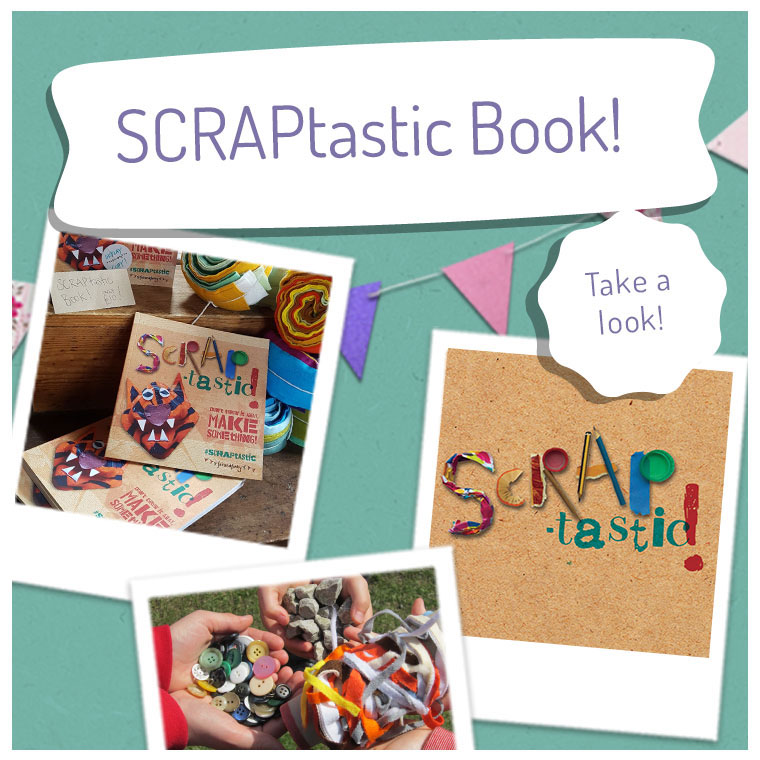
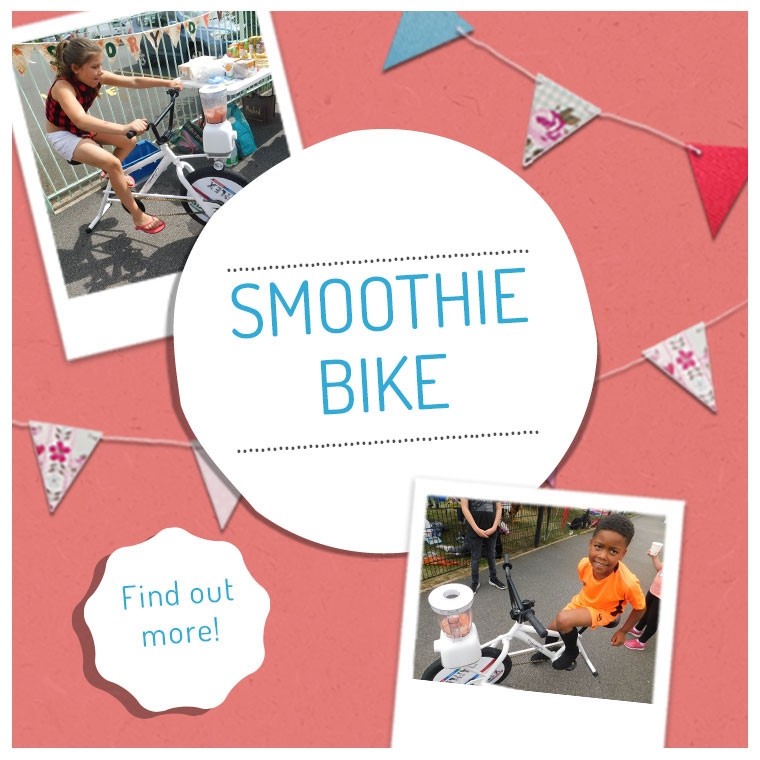
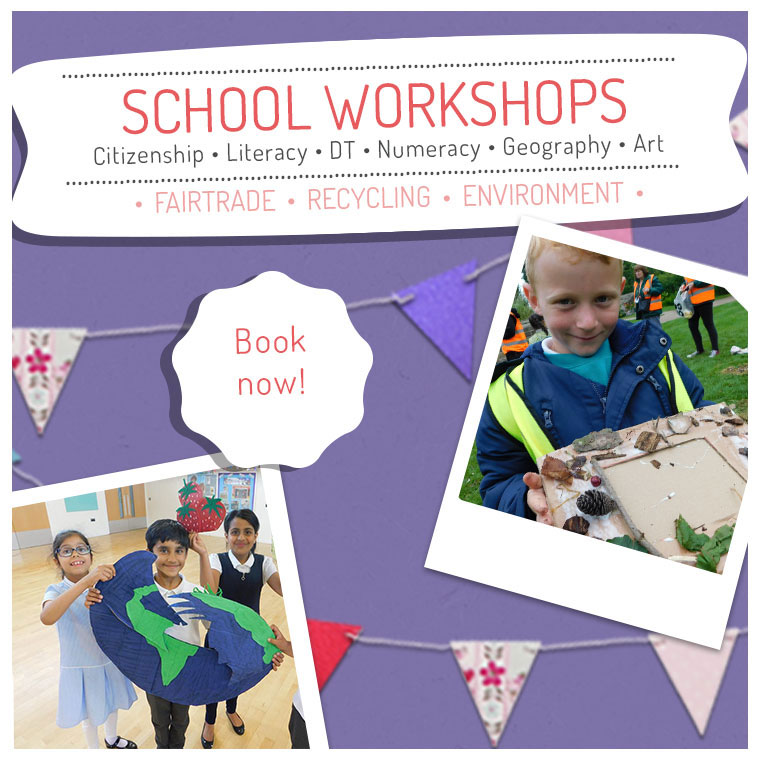

What a privilege to be invited to join the Coop Academies Eco Conferences at 1, Angel Square in Manchester for the third year running. Over two days Co-op HQ was filled with young change makers from across Yorkshire and the Northwest, all celebrating the climate action they take as active eco citizens with their schools and school communities – the positive hope from their passion was very infectious.
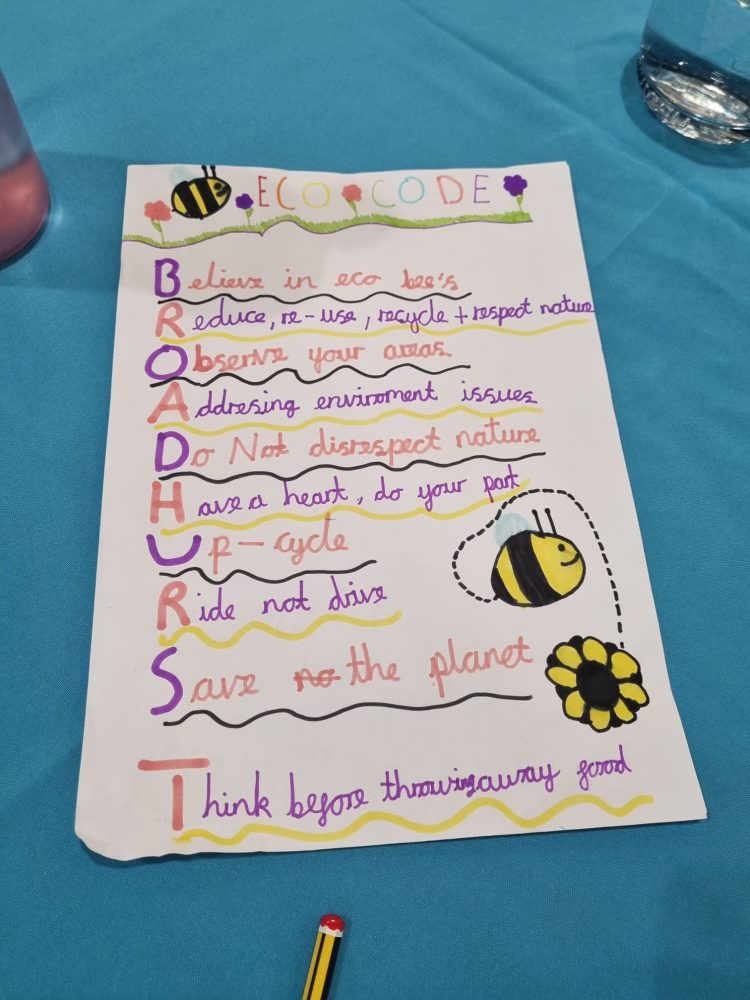
Each day began with presentations from the Academies who have received funding from the Co-op to sustain their Eco projects giving an update on their projects so far. We love hearing directly from young people and witnessing their enthusiasm for looking after the environment. Brownhills Academy have established a fruit and veg garden as a place to sit and enjoy nature whilst promoting family gardening. Friarswood Eco Warriors told the packed auditorium about how they have transformed unused land into a herb and well-being garden to benefit the whole community, with parents, grandparents, local businesses and the school caretaker all getting involved. “We are passionate about caring for the planet and we want to be as eco-friendly as possible.” Parkland Academy have planted an apple orchard to create an urban oasis for bees; and also planted raised beds to create a peace garden for the school community to relax and enjoy nature. “We are lucky to have this environment but it is our job to take care of it.” Oakwood Academy declared “The sky is our limit!” and are determined for their eco work to provide enriching experiences, to be sustainable and have community priority. Meanwhile, Broadhurst Academy are growing watermelons (and other things!) in their new greenhouse and the weekly eco club is on a mission to reduce food waste and reuse food waste to make compost for their gardens. Everything is connected.
Similar work is going on in the Secondary Schools too. Coop Academy Manchester were keen to share best practice and give an update on their ‘green wall’. They planted a WonderWall system last year and proudly showed how it “Improves biodiversity, bringing green to a concrete world, providing a canteen and a home for a large range of species.” They’ve also introduced bee “shelter and accommodation” posts around the school grounds and are working with the maintenance staff to reduce mowing and increase species diversity. At Bebbington their eco garden is full of fruit and vegetables for the school kitchen. And then their food waste is fed back to the garden to be recycled into compost. They have delivered recycled arts projects and work with the whole community to raise the green message.
Schools were joined at the two conferences from a number of environmental organisations. Each of us sharing ideas to inspire new work and longevity for eco school programmes. RHS were very excited to celebrate the success of their new National Education Nature Park – an initiative to improve biodiversity within school grounds to nurture habitats across the UK. And the schools were excited to go outside, explore the urban habitat and to take part in citizen science helping develop the RHS new habitat programme. MYCO Manchester Mushroom Park gave a fascinating presentation on the wonders of worms and our dependence on soil – watch this space for a fairandfunky wormery!! Sow The City, and Manchester Urban Diggers also celebrated the wonder of soil and growing our own food. We love hearing the cyclical nature of our environments, how we are all connected, and the impact of our consumer choices. The further food travels, the greater the food miles, the bigger our carbon footprints. The more we grow at school/home the better for our environments. To grow our food we need bees, for bees we need flowers, for flowers we need space. The green spaces that the academies are providing in their eco work are paramount, and the muddier we get the more we develop understanding and compassion for our planet.
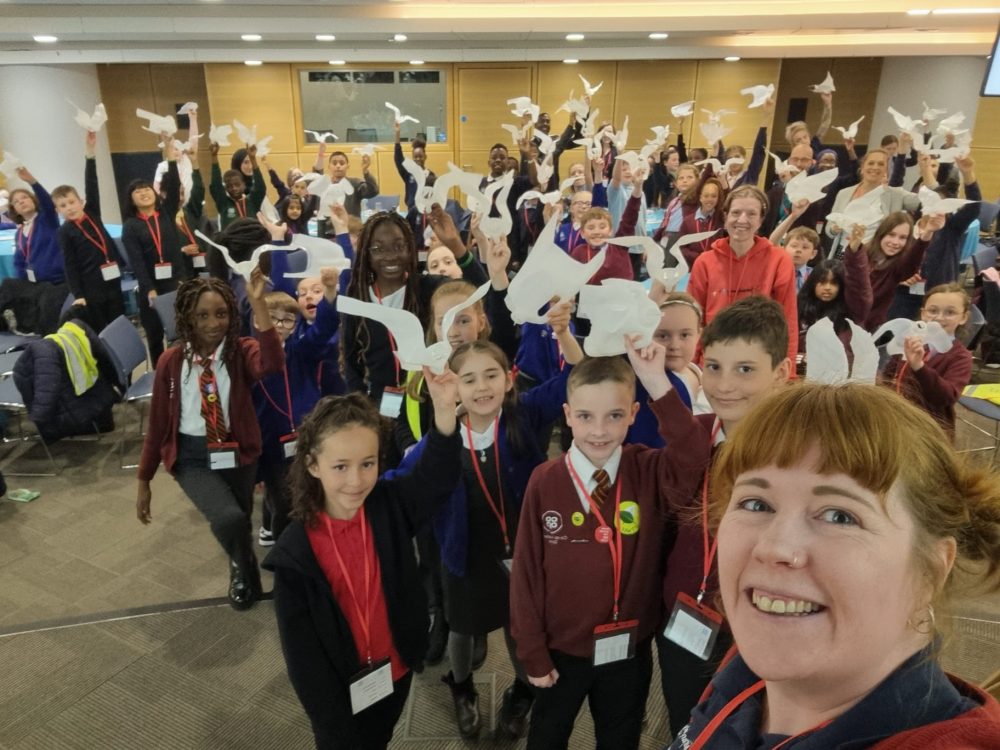
Demonstrating the fact we are all connected is important to fairandfunky, and our workshop was all about the impact of individual actions. It’s important for young people to be able to carry on these conversations, so we always create recycled artworks to help kickstart conversations on sustainability back at school and at home. This time our focus was on plastic waste and following an interactive quiz everyone created a milk bottle swallow. We discussed the realities of recycling, that, this is the last thing we can be doing to take little steps to change the world. As active consumer citizens to take climate action we can REDUCE the amount of waste we produce in the first place. We should be saying “no thank you” to REFUSE single use plastic and REUSE products as much as possible. REPAIR and RESTORE where necessary, REPURPOSE old into new, and when it cannot be used again, we finally RECYCLE.
“It’s not just an individual act, we all play our part in protecting our planet.” Keela Walsh, Academies Advisor, Community Member & Participation, Co-op UK.
We loved being with these brilliant green ambassadors, not just for the future of our planet but for the very present. The scientific knowledge, passion and commitment from the young people was tangible. There was a real sense of activism in the room, and an understanding that we each have responsibility for both climate change AND climate action. Thank you to Keela Walsh and the team of Coop Community Pioneers for organising the event; bringing us all together to be empowered to take little steps to change the world.